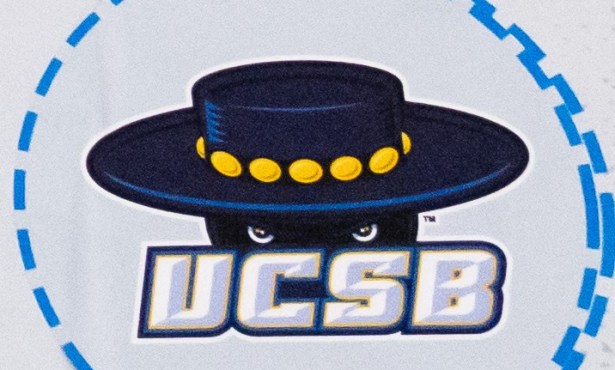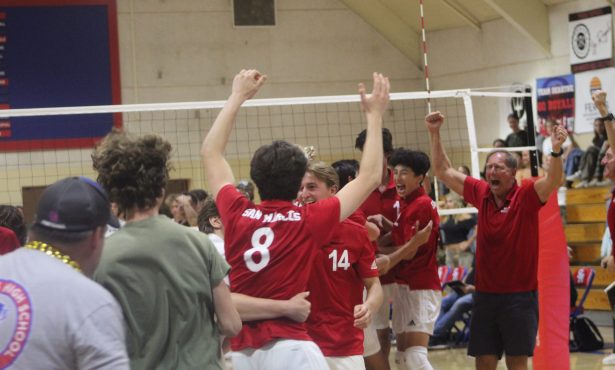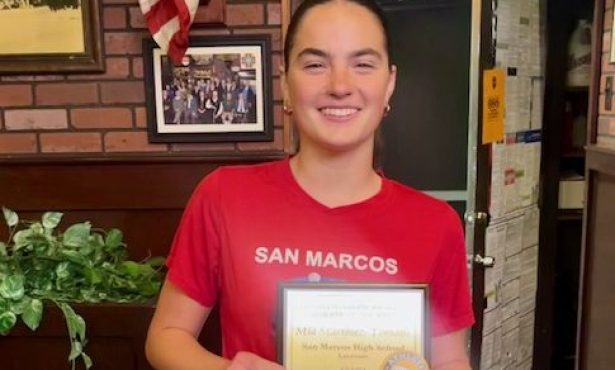Pikes Peak Hill Climb
Carlin Dunne and His Electric Motorcycle Best Petrol-Powered Kin to Win Race
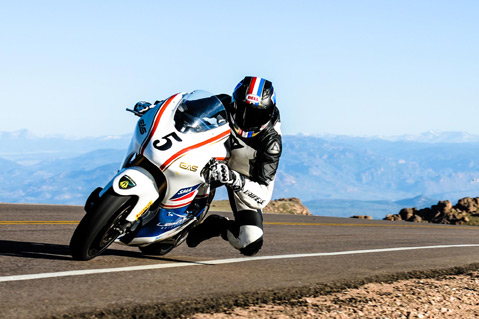
Carlin Dunne’s senses were on high alert June 30 when it was time to start his run in Colorado’s 91st annual Pikes Peak International Hill Climb, a raucous convergence of earth, man, and machine. “I could feel the rotor wash from a helicopter beating down on me,” he said. “People were shouting. Air horns were going off. Everything you’ve worked for all your life is on the line. It’s beyond any drug. You’re more an ultimate human than at any other time, doing anything else.”
Dunne was perched on a fully charged electric motorcycle. Ahead of him lay 12 1/2 miles of narrow roadway, winding up thousands of vertical feet to the 14,115-foot summit of Pikes Peak. As fast as he could go, he would have to negotiate 156 turns, many of them straddling sheer drop-offs and void of guardrails.
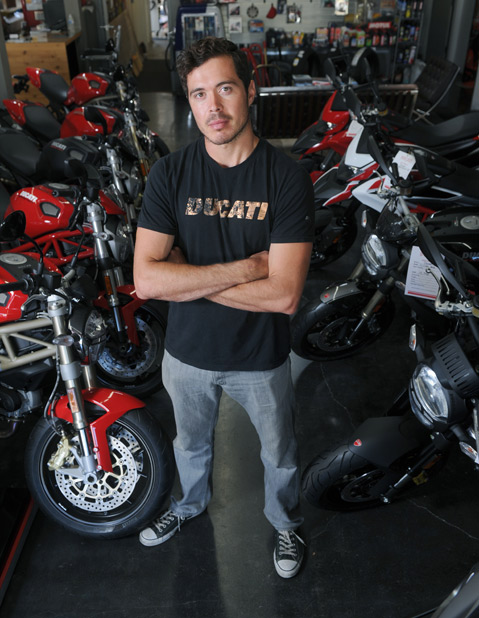
The 30-year-old Santa Barbara native had been there before. In 2011, his rookie year in America’s second-oldest motor race, Dunne rode the Ducati Multistrada from his family’s Montecito Street dealership to the fastest time of all divisions of motorcycles. In 2012, fully sponsored by Ducati’s Italian factory, he repeated as champion and set a motorcycle record of 9 minutes, 52.819 seconds.
He wasn’t sure he would try for a threepeat. “If we go up there the same as before and don’t set a record, who cares?” Dunne said. Early this year, he found a way to make his return a fresh new challenge. Lightning Motorcycles of Northern California had developed an electric superbike. Dunne test-drove it and said, “I was blown away by its performance.”
So there he was three weeks ago, attempting to make history. An electric bike had never beaten its gas-powered counterparts in a major race. Dunne himself had doubts whether it could be done. “I’d be racing against bikes that had more power, bikes that were lighter,” he said. But his Lightning team was out to prove something. “We had heart,” he said. “We were forging new ground with a new technology.”
Furthermore, few, if any other, riders could summon up the passion with which Dunne pursues his sport. Trevor Dunne, his father, was a professional rider from South Africa. He founded Ducati of Santa Barbara in the 1970s. “It was inevitable that I would be into motorcycles,” Carlin said. “I got started at 1 1/2 years old. I raced professionally all through my high school years. It’s what I am; what I do. It’s taken me all over the world.”
He suffered a setback at age 18. During a warm-up for the Daytona 200, his bike veered out of control. He tried to hang on like a bull rider, but when he skidded over a bump in the infield, he was thrown off. “I landed on my back and thought I was okay,” Dunne said, “but then I saw the bike in the air. It came down right in my lap.” A part tore into his right thigh, resulting in a compound fracture of the femur.
His leg was weak after healing, and he took up bicycling to strengthen it. His competitive juices started flowing again, and he tried mountain-bike racing. Eventually, he got back on motorcycles and joined his father as a partner in the Ducati shop.
Dunne’s first experience at the Pikes Peak Hill Climb, also known as the “Race to the Clouds,” was as a spectator five years ago. “I couldn’t believe I’d never really known about it,” he said. “What makes it so magical is the environment. It’s so raw. It’s thick with trees at the start, and then you’re into completely exposed rock. This is one of the last races you’re out of a safety zone. If you kill yourself, that’s what you did.” There have been just three racing fatalities at the Colorado event over the years, although crashes are common.
Numerous riders had crashed at the 2013 Pikes Peak Hill Climb before it was Dunne’s turn to start. He steeled himself for the climb. Having done triathlon-type training, he was well conditioned at 6’3” and 195 pounds. “I’m too big for some races, but in this race, it works to my advantage,” he said. “I need to be farm-boy fit to wrestle a 500-pound bike up a mountain.”
As he sped up the road, all the surrounding commotion faded away. He was totally focused on bending around those treacherous curves. The electric motor worked silently. He was required to sound a siren so that spectators knew he was coming. There was a good turnout, many of them anticipating the appearance of nine-time World Rally Champion Sébastien Loeb, who would later shatter the all-time racecar record in his $3.5 million Peugeot.
“Eight turns in, I didn’t feel a grip,” Dunne said. “I was going 150 mph, and the bike was sliding. I thought, ‘This is why everyone’s crashing — no traction.’ There were heavy downpours on the road before the race. My dad always told me, ‘To finish first, you’ve got to first finish.’” He eased up, but not too much. “You can’t show up half-mast. You’ve got to rock ’n’ roll.”
Dunne came within seconds of his record, stopping the clock at 10:00.694 when he hit the summit. “If I’d eaten a little less the night before, I might have broken 10 minutes,” he said. There were more than 80 motorcycle entries, and nobody else came within 20 seconds of his time. In the motorsports press, his victory was hailed as a milestone that foreshadowed the eventual domination of electric-powered vehicles.
“It’s the future,” Dunne acknowledged. It is a positive, he noted, that the new technology leaves “zero carbon footprint.” But his business and his career have been wedded to traditional motorbikes, and he is concerned about the public’s opinion of his sport. “I’m a petrol-head through and through,” he said. “I like grease. I like the smell of fuel.” But on the electric revolution, he affirmed, “I want to be on the pointing tip of this technological spear.”
ANOTHER TWO-WHEEL FEAT: Stephen Leece, a UCSB student and member of the school’s bicycle club, won the 140-kilometer U.S.A. Elite Men’s National Road Championship in Wisconsin.
THE QUEST: That’s the title of an endurance race that will be contested by area lifeguards on Monday, July 22. They will start at Carpinteria State Beach at 5 a.m. and run on the sand — or swim if a section is impassable — all the way to San Buenaventura State Beach. The distance is 18 miles.

